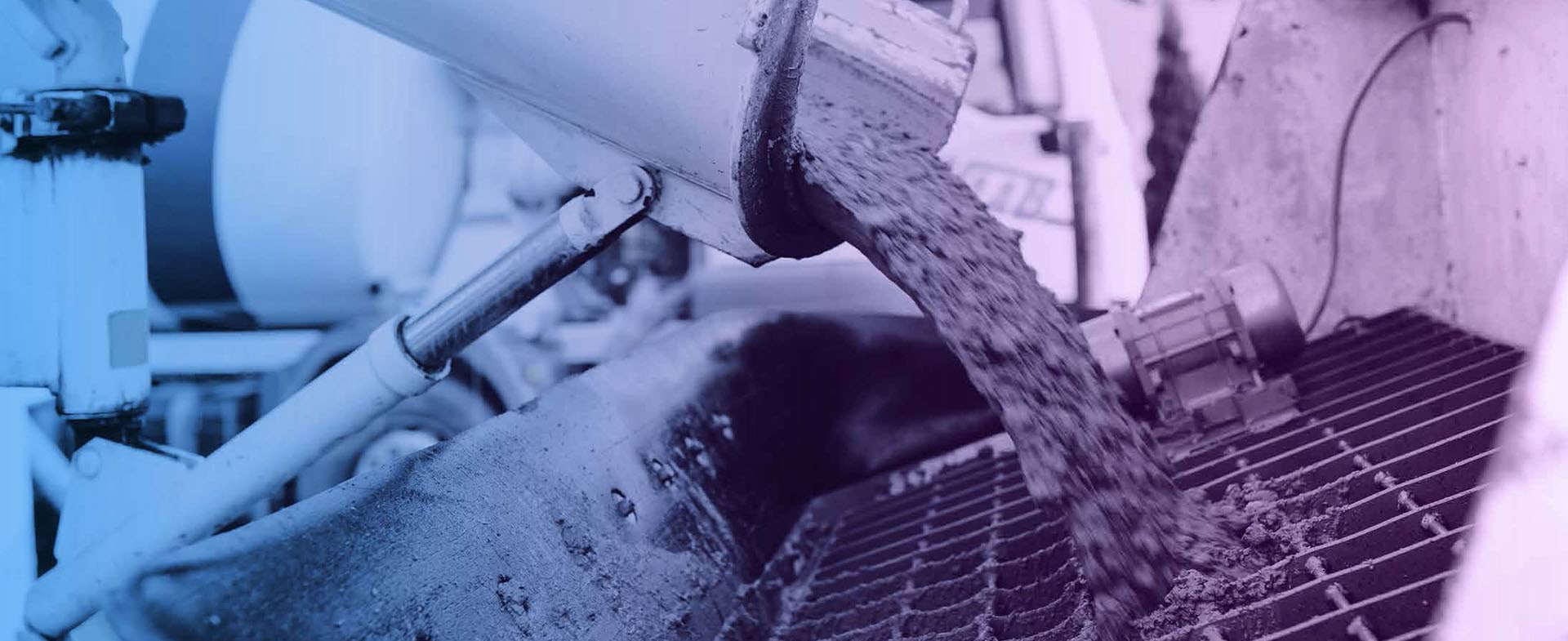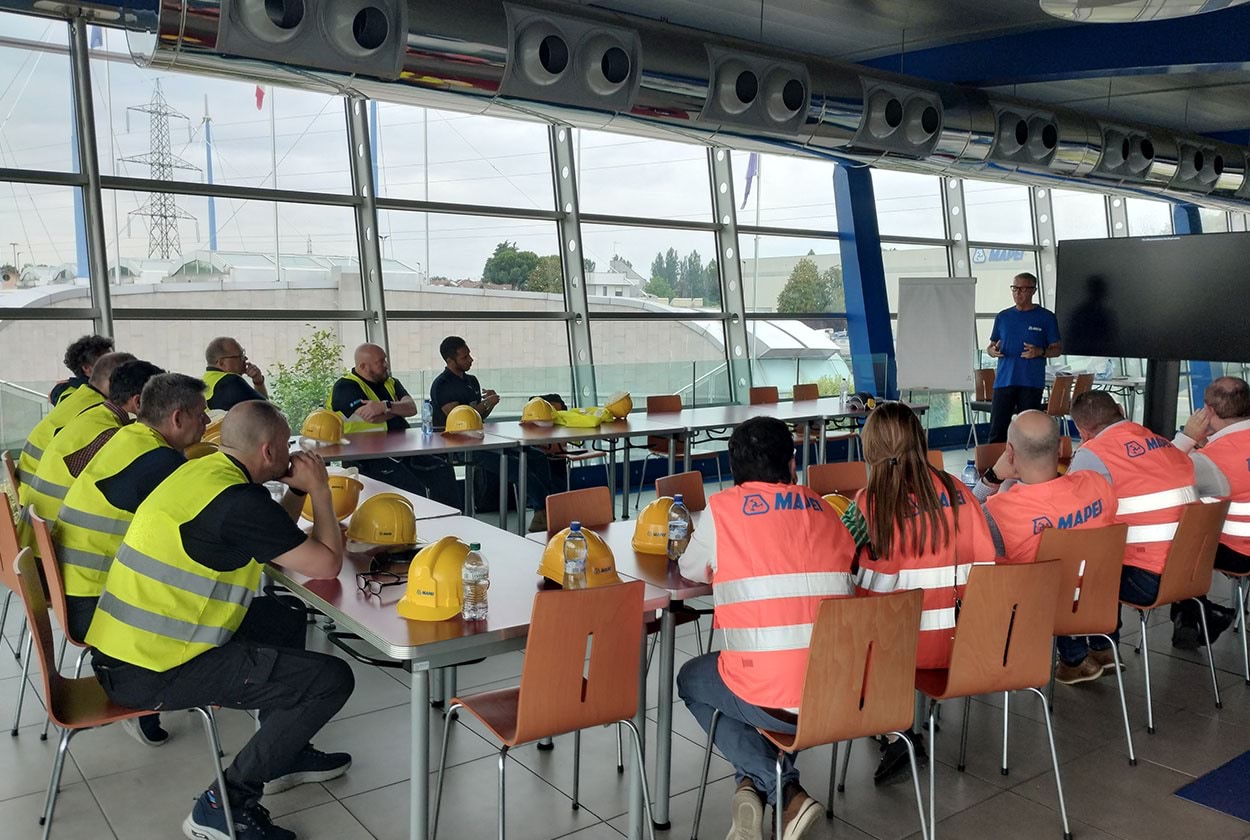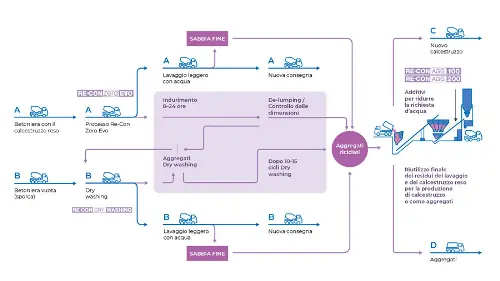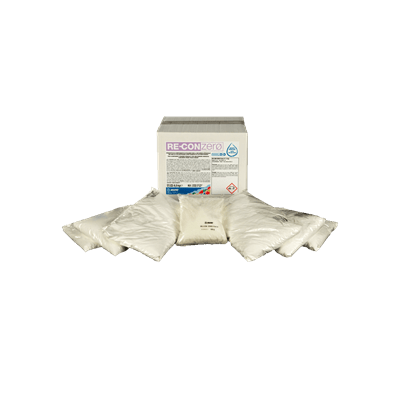

Only innovative, sustainable solutions will be successful
We spoke with Neil McConomy, Operations Manager at Roadstone, about the concrete industry and sustainability
How important is sustainability for Roadstone? What do you do to contribute to this global challenge?
We are testing several solutions to achieve this target including the use clean energy like using renewable energy sources such as solar panels. We are also adopting several innovating solutions (pumping water, etc.) to ensure energy efficiency and savings in the use of natural resources.
In the formulations of our products, we are aiming to reduce our burden on raw materials such as sand, by increasing our use of secondary or recycled materials such as crushed rock fines (CRF). When using secondary and recycled materials, admixture performance is critical to ensure we maintain the high level of quality and material performance that is expected from us by our customers. Roadstone are also optimizing the logistics of our operations by aiming to use alternative plants that are closer to customers and ensuring trucks are backloaded where possible. As part of Roadstone’s carbon reduction roadmap to 2030 we are trialing the use of alternative fuels such as Hydrotreated Vegetable Oil (HVO), which can reduce the emissions of our transportation fleet by up to 90%.
Roadstone, just like Mapei, has been involved in prestigious projects where concrete was the natural choice of building material. How can we together as an industry reduce the carbon footprint of concrete without losing its strength and durability?

ROADSTONE
The origins of Roadstone go back to the early 1930’s when two young Dublin brothers Tom and Donal Roche started a sand and gravel haulage business at Inchicore in the suburbs of West Dublin. They launched a new company, Roadstone, on the Irish Stock Exchange in 1949. By the end of the 60’s, Irish Cement had become the largest industrial Company quoted on the Irish Stock Exchange with Roadstone the third largest. In 1970 the two companies merged to become Cement-Roadstone Holdings now known as CRH plc. CRH is a leading building materials business in the world, employing 71,000 people at 3,200 operating locations in 28 countries. CRH manufactures and supplies a range of integrated building materials, products and innovative end-to-end solutions for a wide range of construction projects from major public infrastructure to homes and commercial buildings. CRH has a strong presence in North America, is a regional leader in Europe and has a growing presence in the Asian economies of India and China.
Find out more on:
Roadstone
To learn more on Mapei solutions for a more sustainable concrete industry visit: CIS - Mapei- solutions for concrete









